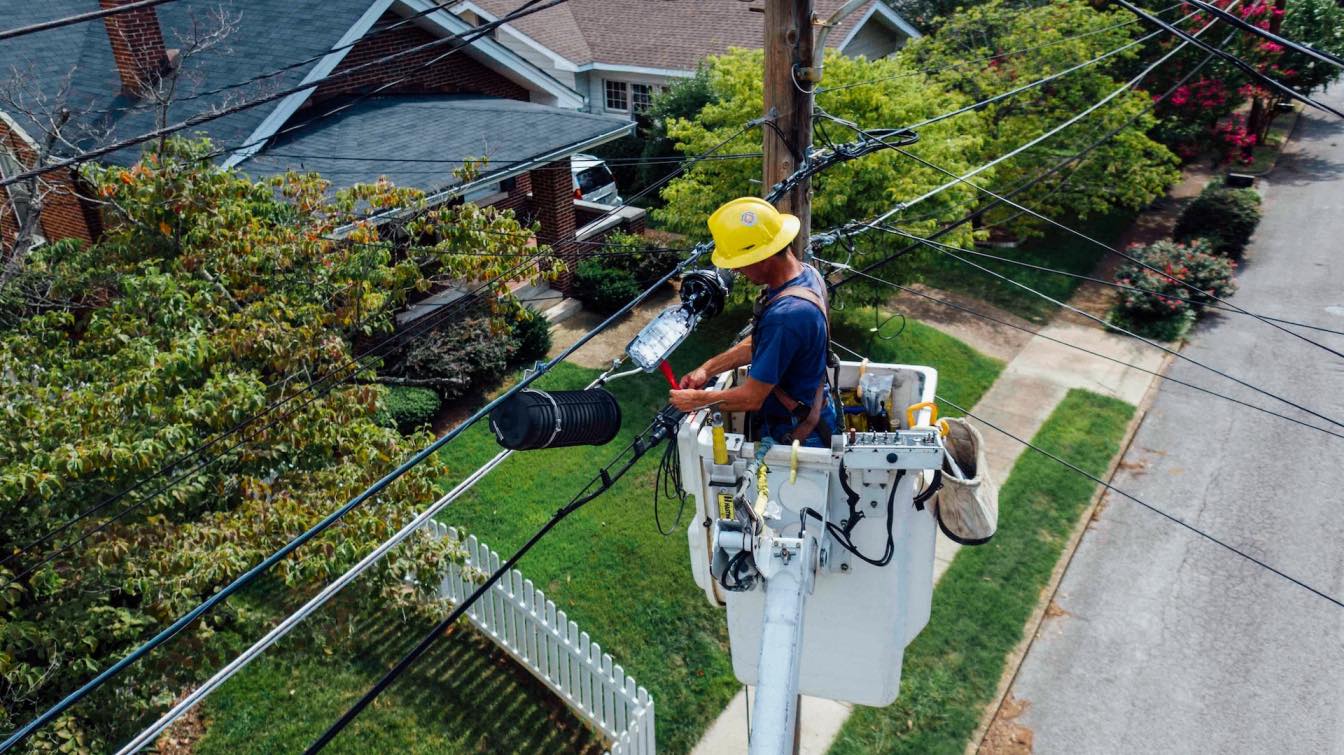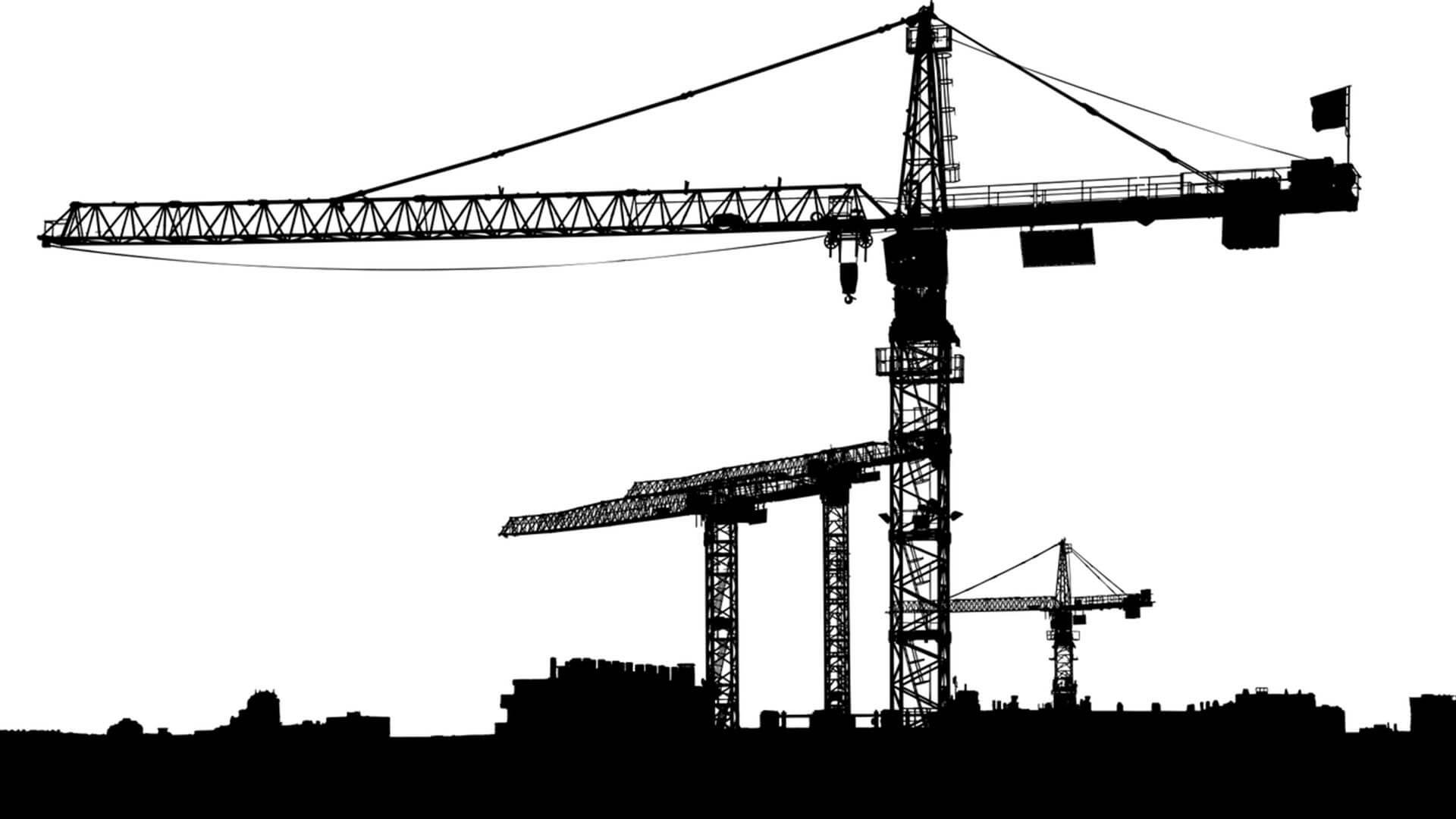As a homeowner, it's essential to be aware of the common electrical problems that can occur in your house. Understanding these issues not only helps you identify potential hazards but also allows you to take timely action or seek professional assistance. This article aims to highlight the most common electrical problems homeowners encounter, providing a brief overview of each issue and suggesting precautionary measures to maintain a safe and efficient electrical system.
Flickering Lights
Flickering lights are a prevalent electrical problem that many homeowners face. This issue is often caused by loose or faulty light bulbs, poor connections, or overloaded circuits. To address this problem, start by tightening or replacing the flickering bulbs. If the issue persists, it's crucial to work with a certified electrician that will inspect the wiring and connections to identify and resolve any underlying issues. a common indication of potential electrical hazards, and ignoring them can lead to more significant problems such as electrical shocks or fires. By taking prompt action and involving a certified electrician, you can ensure that the underlying causes of the flickering lights are properly diagnosed and fixed.
Circuit Breaker Tripping
When a circuit breaker trips frequently, it indicates an overloaded circuit or a short circuit in the wiring system. This safety feature is designed to protect your home from electrical fires and hazards. To resolve this problem, unplug any unnecessary appliances or devices from the overloaded circuit. If the problem persists, consult an electrician to assess your electrical panel and make the necessary adjustments or upgrades.
Electrical Outlets Not Working
Non-functioning electrical outlets can be a source of frustration. In many cases, this issue can be traced back to a tripped GFCI (Ground Fault Circuit Interrupter) outlet. Start by locating the GFCI outlet, usually found in areas prone to moisture, such as bathrooms, kitchens, and outdoor spaces. Press the "reset" button to restore power to the outlet. If that doesn't solve the problem, consult an electrician to inspect and repair any faulty wiring or connections. They can also identify any faulty components, and provide the necessary repairs to ensure the proper functioning of the outlet and maintain electrical safety throughout your home.
Power Surges
Power surges can damage sensitive electronic devices and appliances, causing them to malfunction or fail prematurely. These surges can result from lightning strikes, utility grid issues, or faulty wiring within the home. Installing surge protectors or whole-house surge protection devices can safeguard your electrical system from voltage spikes. These devices divert excess voltage away from your appliances and help maintain a stable electrical supply.
Overloaded Circuits
An overloaded circuit occurs when too many devices or appliances draw power from a single circuit simultaneously. This can lead to overheating, tripped breakers, or even electrical fires. To prevent overloading, distribute your electrical load across multiple circuits. Avoid using too many high-wattage devices simultaneously in a single outlet or circuit. If you frequently experience overloaded circuits, consider consulting an electrician to assess your electrical system's capacity and make necessary adjustments. However, if you consistently encounter overloaded circuits, it is advisable to seek professional assistance. An electrician will assess your electrical system's capacity, recommend necessary upgrades or modifications, and ensure that your home's electrical infrastructure operates safely and efficiently.
Faulty Wiring
Outdated or faulty wiring poses a significant risk to your home's electrical safety. Common signs of faulty wiring include frequently tripped breakers, flickering lights, burning smells, or discolored outlets. If you suspect faulty wiring, it is crucial to contact a licensed electrician immediately. They will inspect your electrical system, identify any potential hazards, and rewire or repair the faulty sections to ensure the safety and efficiency of your home's electrical infrastructure.
Light Switches Not Working
When light switches fail to operate correctly, it can be an inconvenience. If you encounter a malfunctioning light switch, first check the light bulb and ensure it is properly screwed in and functioning. If the issue persists, there may be a problem with the switch itself or the wiring. Consider contacting a professional electrician to troubleshoot the problem, repair or replace the faulty switch, and address any underlying wiring issues.
Understanding the most common electrical problems that homeowners encounter is crucial for maintaining a safe and functional electrical system. By recognizing these issues and taking appropriate action, you can prevent potential hazards, reduce the risk of electrical fires, and ensure the longevity of your electrical appliances. While some minor problems can be addressed by homeowners, it is always advisable to seek professional assistance when dealing with complex electrical issues to ensure the safety and integrity of your home's electrical infrastructure. Remember, electrical work should be performed by licensed electricians to guarantee the highest standards of safety and compliance.





